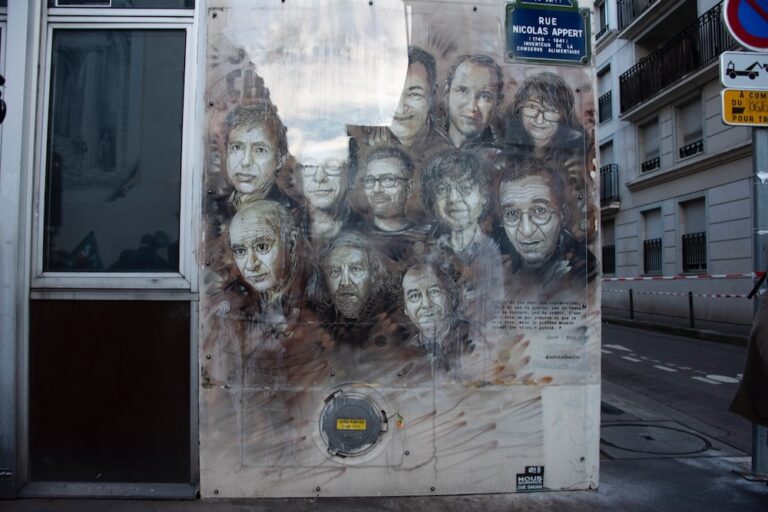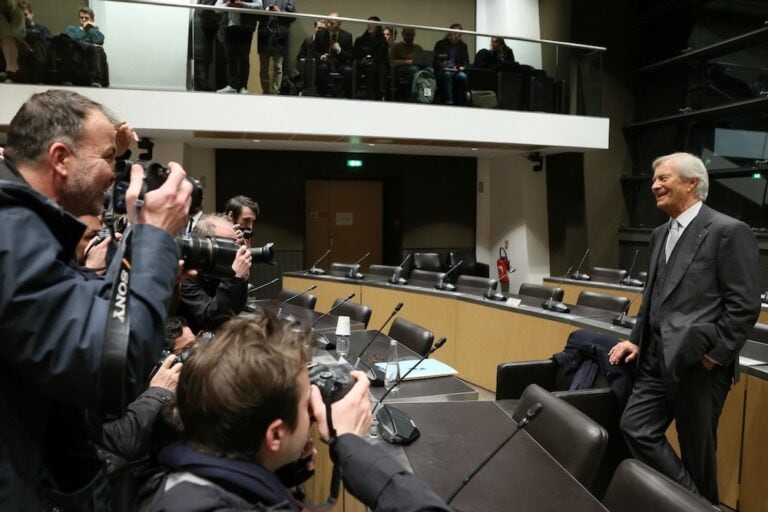(IFJ/IFEX) – The following is a 15 May 2007 media release of the European Federation of Journalists (EFJ), an IFJ regional group: EFJ Condemns Threats to Protection of Sources in France, Calls for European Action on issue Today the European Federation of Journalists (EFJ), the European group of the International Federation of Journalists, condemned the […]
(IFJ/IFEX) – The following is a 15 May 2007 media release of the European Federation of Journalists (EFJ), an IFJ regional group:
EFJ Condemns Threats to Protection of Sources in France, Calls for European Action on issue
Today the European Federation of Journalists (EFJ), the European group of the International Federation of Journalists, condemned the attempt by a French judge to access files at the headquarters of French satirical weekly Le Canard enchaîné and called for a joint European approach to protect journalists’ confidential sources.
“This is a blatant case of intimidation of journalists,” said EFJ Chair Arne König. “We are happy that the judge didn’t access the files in the end but we are concerned that threats to protection of sources continue in France and elsewhere in Europe, mainly due to a lack of clear legislation.”
While investigating accusations in the “Clearstream” case in France, judges on 11 May asked to access the offices of Nicolas Sarkozy’s lawyer and to the offices of Le Canard enchaîné. When the judge tried to enter, journalists locked the newsroom and the judge could only check a fax number.
The EFJ says that decisions of the European Court of Human Rights and the European Convention on Human Rights both state that protection of sources is a cornerstone of press freedom. This right, however, has been trampled by many European governments in recent cases. For example, two journalists in the Netherlands spent two days in jail in November 2006 after refusing to reveal their sources when they were called as witnesses in a case against an agent who is suspected of leaking secret dossiers from the Dutch intelligence service to the underworld. Other countries, including Latvia, Britain, Ireland, Germany, Italy and Denmark, have also used court cases or surveillance – both legal and illegal – to uncover journalists’ sources.
“It’s time for each European country to implement laws on protection of sources,” said König. “Each new case reminds us the need for a joint European approach. We are in contact with European institutions and we hope to see soon a proposal for a Resolution of the European Parliament to defend this basic principle of press freedom.”
French journalists’ unions called on their government to enforce the European convention of human rights and to create a clear and specific law to protect journalists’ sources.
The EFJ represents over 260,000 journalists in more than 30 countries.


